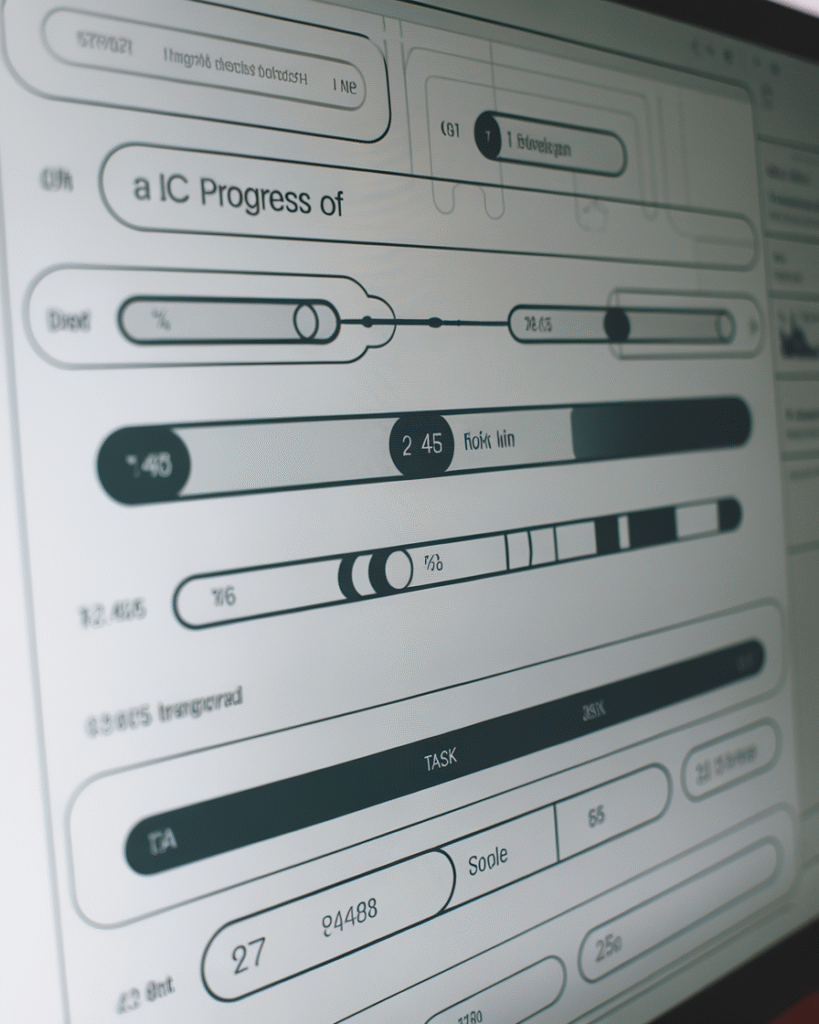Ever wondered what really separates AI agents from the “virtual assistants” you already know? In 2025, the answer could transform how you work, think, and even relax. In this guide, we’ll break down the difference, show why AI agents are becoming a daily life essential, and give you practical ways to start using them today.
Table of Contents
Table of Contents
Why What Are AI Agents (vs Assistants) & Why They Matter in Daily Life Matters in 2025
The world of AI has evolved far beyond simple “ask and answer” assistants. AI agents are autonomous systems that can reason, plan, and act without constant human direction. Unlike assistants that mostly follow pre-set commands, AI agents can take a goal you give them and independently work toward it.
In 2025, this distinction matters because industries, from finance to personal wellness, are adopting AI agents for complex, outcome-driven tasks—freeing up human time and mental energy. For personal growth, this means more time focusing on creative, strategic, and relationship-based activities.
Industry shifts like AI-integrated operating systems, agent-based automation platforms, and connected smart devices are making AI agents a natural part of our daily workflow. If you understand the difference now, you’ll be better equipped to leverage these tools before they become the default.
Core Benefits of What Are AI Agents (vs Assistants) & Why They Matter in Daily Life

1. True Autonomy for Complex Tasks
AI agents don’t just wait for you to issue commands—they execute multi-step processes automatically. For example, instead of asking an assistant to “book flights,” you can tell an AI agent your travel preferences, and it will research options, compare prices, book tickets, and update your calendar.
2. Goal-Oriented Execution
While assistants excel at isolated tasks, AI agents work toward outcomes. For example, in business, an AI agent could monitor sales trends, generate marketing materials, and adjust ad campaigns automatically—turning your goals into completed results.
3. Continuous Learning & Adaptation
AI agents use feedback loops, learning from both successes and mistakes. This makes them more efficient over time, unlike static assistants that require manual updates to improve.
4. Multi-Platform Integration
AI agents can interact with multiple tools and environments—email, CRM, task managers, databases—creating a unified digital workforce without you manually switching between apps.
Step-by-Step Guide to Using What Are AI Agents (vs Assistants) & Why They Matter in Daily Life
- Define Your Objective Clearly – Start with a specific goal (e.g., “Launch a personal blog with three monetized posts by next month”).
- Choose the Right AI Platform – Look for AI agent frameworks or OS-level AI that allow task automation (e.g., IBM AI Agents).
- Integrate Your Tools – Connect email, scheduling apps, content tools, and databases so your agent has full context.
- Set Parameters & Constraints – Give boundaries for time, budget, and quality.
- Initiate & Monitor – Allow the agent to work autonomously, checking progress milestones instead of micromanaging.
- Refine with Feedback – Review results and provide corrections so the agent learns and improves.
- Expand Usage – Once you see ROI, assign more areas for automation.
Pro Strategies to Maximize Results with What Are AI Agents (vs Assistants) & Why They Matter in Daily Life

- Start Small, Scale Fast – Test agents with non-critical projects before integrating them into mission-critical workflows.
- Automate Low-Value, High-Volume Tasks – Free up mental bandwidth for creativity and decision-making.
- Leverage Multi-Agent Collaboration – Assign different agents for research, execution, and reporting for faster completion.
- Avoid Over-Reliance – Maintain a manual check-in system to prevent “automation blindness.”
- Combine AI Agents with Self-Development – Use them to manage routines so you can focus on skill-building.
7 Real-World Use Cases for What Are AI Agents (vs Assistants) & Why They Matter in Daily Life in 2025

- Automated Financial Planning – Agents monitor spending, reallocate budgets, and optimize investments.
- Content Creation – From idea generation to publishing and SEO optimization.
- Customer Support – Fully autonomous helpdesk operations.
- Healthcare Management – Scheduling, reminders, and even monitoring wearable device data.
- Smart Home Coordination – Agents adjust lighting, climate, and energy usage.
- Education & Learning – Personalized learning paths and feedback systems.
- Business Intelligence – Real-time analytics and decision-making dashboards.
Conclusion – Bringing What Are AI Agents (vs Assistants) & Why They Matter in Daily Life Into Your Life
In 2025, understanding the difference between AI agents and assistants is no longer optional—it’s a competitive advantage. Whether you’re an entrepreneur, a professional, or simply someone looking to reclaim your time, AI agents offer a way to automate complexity and amplify results.
Start small, choose the right platform, and keep refining your workflow. Before long, you’ll wonder how you ever managed without them.
For more ways to boost your productivity with AI, check out AI Side Hustle Ideas, AI Hacks for Time & Money Freedom, and How AI Can Help You Build Wealth.
FAQs About What Are AI Agents (vs Assistants) & Why They Matter in Daily Life
Is ChatGPT an AI agent?
ChatGPT functions as a conversational AI assistant, but when integrated with autonomous capabilities and tools, it can operate like an AI agent.
What are the 5 types of AI agents?
Simple reflex agents, model-based reflex agents, goal-based agents, utility-based agents, and learning agents.
Who are the Big 4 AI agents?
An AI agent autonomously performs tasks toward a set goal by reasoning, planning, and acting without constant human input.
What does an AI agent do?
An AI agent autonomously performs tasks toward a set goal by reasoning, planning, and acting without constant human input.



